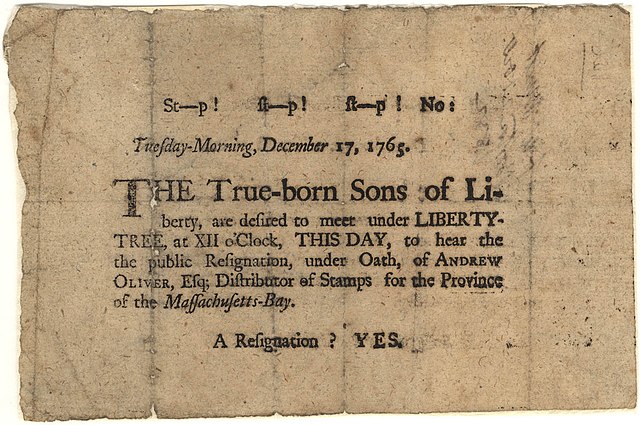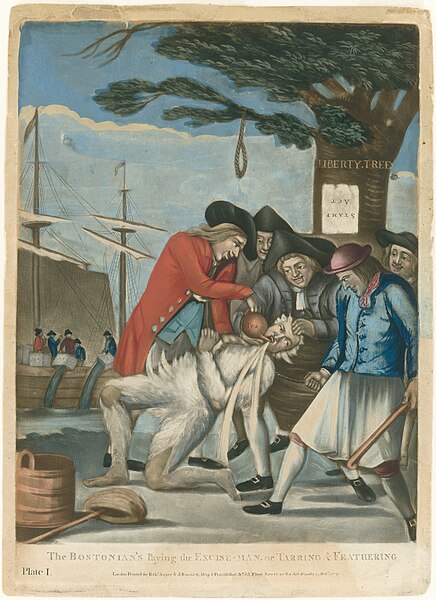James Swan was an early American patriot and financier based in Boston in the 18th and 19th centuries. He was a member of the Sons of Liberty and participated in the Boston Tea Party. Swan was twice wounded at the Battle of Bunker Hill, he next became secretary of the Massachusetts Board of War and the legislature. During the time he held that office, he drew heavily on his private funds to aid the Continental Army, which was then in dire need of funds to arm and equip the soldiers who were arriving in Boston from all parts of New England. In 1795, Swan, acting as agent for France, helped refinance the United States’ debt to France, which amounted to 2,024,900 dollars. The US government gave him, as agent for France, newly issued US Government interest-bearing shares equal in value to the amount due on the French debt. Swan then arranged the sale of the shares to investors and the payment of the proceeds to France. In effect, the US replaced its debt to France with the US’s obligations under the new shares owned by private investors. The United States no longer owed money to foreign governments, although it continued to owe money to private investors both in the United States and in Europe. This allowed the young United States to place itself on a sound financial footing. On principles of loyalty, he spent 22 years—more than a quarter of his life—in the Paris Sainte-Pélagie Prison.

Portrait of James Swan by Gilbert Stuart, 1795. Part of the Swan Collection, bequest of great-granddaughter Miss Elizabeth Howard Bartol (Museum of Fine Arts, Boston)
Portrait of Hepzibah Clarke Swan by Gilbert Stuart, 1808 (Museum of Fine Arts, Boston)
The Sons of Liberty was a loosely organized, clandestine, sometimes violent, political organization active in the Thirteen American Colonies founded to advance the rights of the colonists and to fight taxation by the British government. It played a major role in most colonies in battling the Stamp Act in 1765 and throughout the entire period of the American Revolution. Historian David C. Rapoport called the activities of the Sons of Liberty "mob terror."
A 1765 handbill, announcing an upcoming "Sons of Liberty" public event.
The Bostonian Paying the Excise-Man, 1774 British anti-American propaganda cartoon, referring to the tarring and feathering of Boston Commissioner of Customs John Malcolm four weeks after the Boston Tea Party. The men also are shown pouring "Tea" down Malcolm's throat; note the noose hanging on the Liberty Tree and the Stamp Act posted upside-down
1st row: Samuel Adams • Benedict Arnold • John Hancock • Patrick Henry • James Otis, Jr. 2nd row: Paul Revere • James Swan • Alexander McDougall • Benjamin Rush • Charles Thomson 3rd row: Joseph Warren • Marinus Willett • Oliver Wolcott • Christopher Gadsden • Haym Salomon Not pictured: Hercules Mulligan, Thomas Melvill, Isaac Sears





